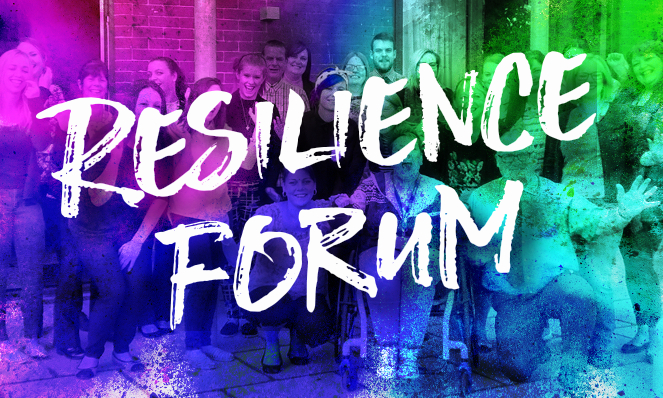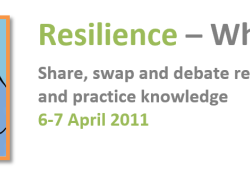Topic Psychological distress and resilience among a population affected by conflict
Date Monday 3rd April 2023
Time 4:00pm – 5:30pm BST
Location Online (please arrive in the online platform 5 minutes prior)
The Resilience Forum is for ANYBODY (with a pulse!) involved with or interested in resilience research
Session Summary:
The impact of conflict on psychological wellbeing is apparent. In its latest report, the World Health Organization (WHO) estimates that 22.1% of populations in conflict-affected areas have mental disorders (e.g., depression, anxiety, post-traumatic stress disorder, bipolar disorder, and schizophrenia) at any point in time. Crisis-affected populations face multi-layered challenges, from economic and security concerns to social and psychological problems. There is no doubt that experiences of trauma have negative psychological consequences.
While the prevalence of mental health disorders is significantly higher among conflict-affected populations when compared to non-conflict-affected communities, it is vital to note that not all people in humanitarian crises suffer from psychological disorders. Therefore, the traditional interpretation of psychopathology in trauma incidents does not necessarily explain people’s personal experiences in a comprehensive manner. Data suggests that most people respond to adversities with minimal disruptions in overall functioning. To sum up, while some people develop psychological problems, the majority of the affected population bounces back in the face of adversity. Therefore, in this forum, I intend to present the findings of my research into resilience among conflict-affected populations and what it entails in such particular contexts.
Presenter:
Omar S. Rasheed:
“I am a mental health and psychosocial support aid worker working with the international aid organizations in emergency and conflict-affected contexts. In doing so, I have been providing psychological support to many conflict-affected populations (e.g., released hostages and victims of violence, ISIL survivors, and displaced persons) from diverse cultures and ethnic groups in Middle East, Africa, and East Asia. More recently, I have also been working with relevant authorities to build local resources for providing mental health services through long-term capacity-building activities that aim to build sustainable resources within the affected communities.
Currently, I am pursuing my PhD in the area of resilience and psychological distress among conflict-affected populations at the University of Almeria – Spain. At the same time, I am a visiting PhD student at the University of Brighton, based with Dr Chris Cocking in the School of Humanities & Social Sciences.”
Who might be most interested:
All welcome – aid workers, academics, practitioners, researchers, students, community workers, people with lived experience of conflict contexts, mental health problems, all ages
Suggested reading:
The end of the trauma by George Bonanno.
Jargon-busting
You can find our jargon busting sheet here
Access Information
The forum will be held online on Microsoft Teams. Please arrive in the online platform 5 minutes prior. An email with instructions will be sent out the day before the event. We have chosen this platform as it appears to be more secure and transparent in its data practices than many others. Please see our privacy statement for more information about Microsoft Teams terms and conditions.
If you like what you see and you want more, More, MORE, why not subscribe to our mailing list? You’ll receive our email newsletter with details of our upcoming Resilience Forums, training and other events, news and resources (most of which are free!), and any other products and services that might be of interest. This is a web-based service and it is very easy to subscribe, unsubscribe or update your email address at any time.


